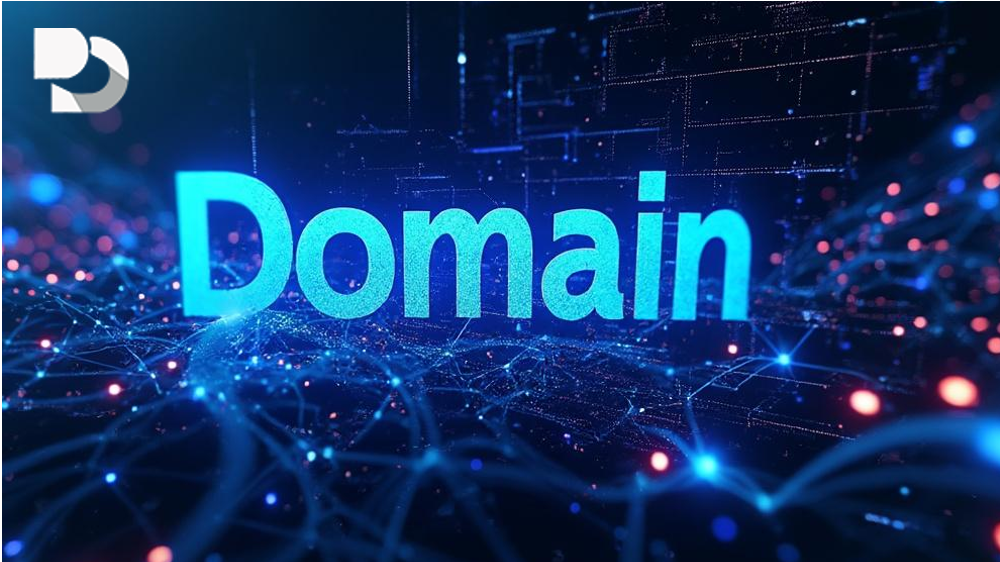
Doma Protocol Goes Live with Domain Tokenization Platform
Doma Protocol has officially launched its mainnet, marking a significant step in bringing traditional domain names into the decentralized finance ecosystem. The platform aims to transform the way we think about domain ownership by making these digital assets programmable and tradable.
What’s interesting here is how they’re approaching this. Instead of creating a completely new naming system like some other blockchain projects have tried, Doma is working within the existing DNS framework. This means .com, .ai, and other familiar domain extensions can be tokenized while still functioning normally for website hosting and email.
Addressing Market Inefficiencies
Domain names have always been somewhat problematic from a liquidity perspective. Think about it – if you own a valuable domain, selling it typically involves brokers, escrow services, and weeks of waiting. The process is slow and expensive, which limits who can participate in the secondary market.
According to the data they’re sharing, the domain industry is massive – we’re talking about 368 million registered domains globally. Yet the secondary market only saw about $185 million in resales last year across 144,700 transactions. That’s a huge gap between the potential value and actual trading activity.
How the Tokenization Works
The protocol introduces two new token standards: Domain Ownership Tokens (DOTs) and Domain Service Tokens (DSTs). These essentially allow domain names to be represented as ERC-20 tokens that can be traded, fractionally owned, and used within DeFi applications.
What’s clever about their approach is that they’re not trying to replace the current system. They’re working with existing registrars who manage over 30 million domains. This compliance-focused strategy might help avoid some of the regulatory hurdles that other tokenization projects face.
Early Adoption and Future Potential
During their testnet phase, which lasted about five months, they saw some impressive numbers – over 35 million transactions and 1.45 million addresses. More than 200,000 domains were tokenized in that testing environment.
Now with mainnet live, they’re reporting around 2,700 addresses already active with about $183,000 in total value locked. The Mizu Launchpad integration is underway, which should bring yield opportunities and lending options for domain tokens.
I’m curious to see how this develops. The success will likely depend on whether traditional domain owners see this as a viable way to monetize their assets, and whether DeFi users view domains as legitimate yield-generating assets rather than just speculative collectibles.
The $1 million developer fund through their Doma Forge initiative could help accelerate adoption by encouraging more integrations and experimentation. But the real test will be whether this creates meaningful liquidity in a market that’s historically been quite illiquid.
It’s an interesting approach to real-world asset tokenization that could potentially unlock value in an overlooked corner of the digital economy. Whether it gains traction remains to be seen, but the concept certainly addresses a genuine market need.
